May 5, 2006
It is election time, and parties are geared up for political battle. An issue at stake is what to do with a large hunk of land right in the middle of the country. The Fire party advocates using it to generate energy, by setting it on fire. The Water party, on the other hand, vehemently objects to such brutal industrialization; it wants to build there a recreation area by filling that valley with water, and turning it into a beautiful lake.
Because small parties also participate in the elections, neither of the big contestants gets over half of the vote, and so, according to the law of the land, the winner must rule in coalition with the party that lost. After protracted and bitter coalition talks, the new government is formed, with ministerial portfolios split according to the main interest of the parties. The Fire party gets the ministry of Industry; the Water party, that of Recreations. The minister of Industry orders the fires set in the valley; the minister of Recreations organizes pumping water into it.
Net result of the election? Politicians of both parties win – because they participate in the government, and carry important titles (and get appropriate perks) – but the public is cheated, big time. Why? Because it gets neither energy nor fun, but just so much useless vapor out of this democratic exercise.
Which is invariably the case in Israeli elections. They are strange affairs – not because of the multitude of parties, platforms, causes and ideas, but because Israel’s executive branch of government is supposed to represent views of the totality of population, not just of its majority at the time of the elections; so there is no separation between the legislative and the executive branches. It is precisely as if, in the US, it were constitutionally impossible to have a Democratic president while Republicans had a majority in the House. It is as if the Cabinet seats were to be filled only by the senior members of Congress – people with their own power base (who, into the bargain, had no accountability to constituents at all, having been elected not by their districts, but by the country as a whole), with some half of the secretaries in sharp ideological disagreement with the President – and the President unable to fire them without triggering a new election, and afraid to contradict them for fear they would resign.
Six years ago, two elections were held within a couple of months of each other. Americans voted 50:50 – and they got a government. Israelis voted 75:25 – and the next day’s headlines read, “Will Sharon be able to govern?”
You call this a democracy? I wouldn’t. It is a democracy when the majority roles; when everyone is at the helm, it is anarchy. Sure, the process of producing such government is democratic all right – but not the result. No one argues that Israel is not a free country, but its political system is not democratic. Each minister is pulling in his own direction; one setting fire, another pouring water. Americans tried that route of full representation in the executive branch too – by making a winner of presidential race a President, and the loser a Vice-President, but quickly discovered that such arrangement simply does not work. Hard as it is to learn from another’s mistakes, Israelis would be wise to consider American experience. And by now, Israelis have made more than enough blunders of their own to realize that they better start thinking.
Anarchy may sound nice and just, but it is neither nice nor just in its substance. Yes, democracy doesn’t promise both the fire and the water at the same time, as anarchy does; it forces you to choose either the one or the other – which, in fact, is far better that going the way of anarchy, and spending on both the fire and the water – only to get smoke and vapors in return.

